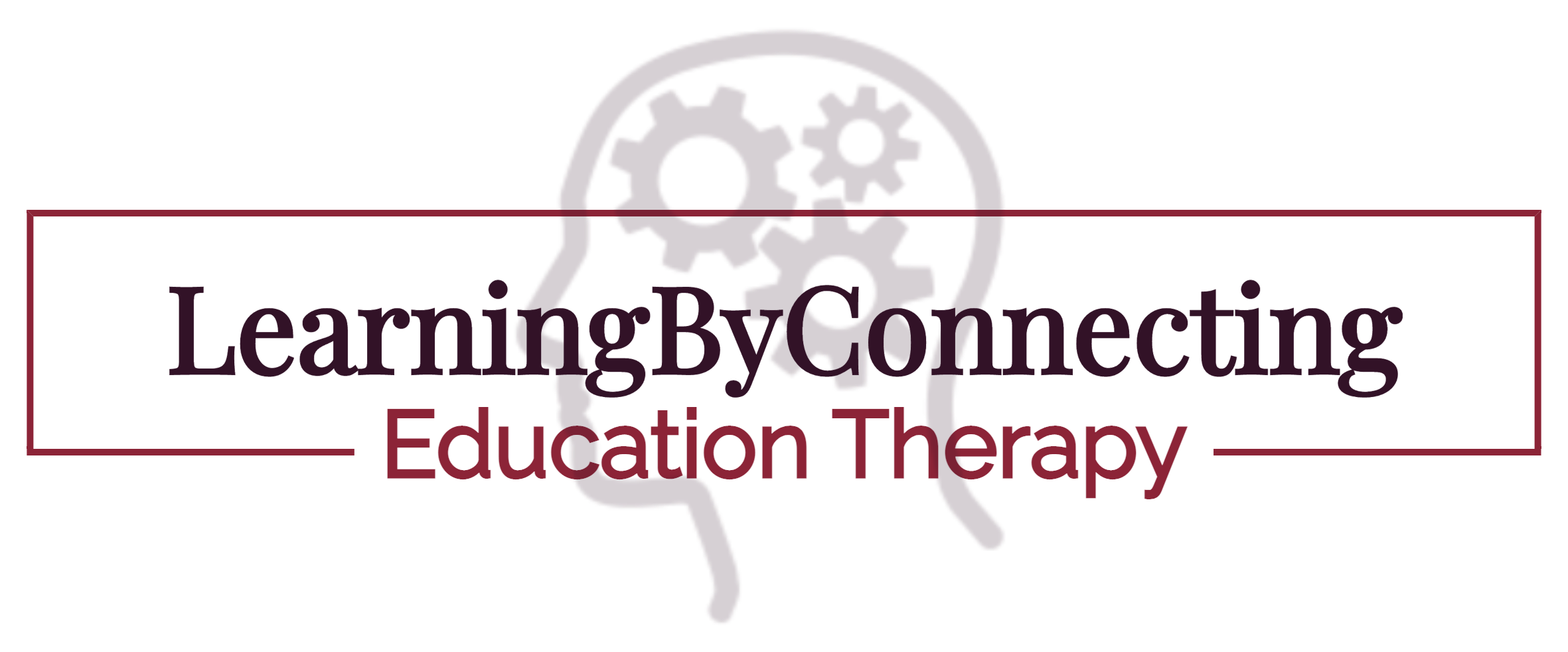
By Dr. Chrisitine Powell, Education Therapist and Founder of LearningByConnecting Education Therapy
As a mother of a child with ADHD and a professional education therapist, I’m captivated by recent research about the connection between decision-making deficits and social challenges faced by children and adolescents with Attention-deficit/hyperactivity disorder (ADHD).
In a groundbreaking study titled “Suboptimal decision making and interpersonal problems in ADHD: longitudinal evidence from a laboratory task,” researchers, led by Lin Sørensen and her team at the University of Bergen, took a deep dive into the world of decision-making processes. They tracked 70 children, including 36 with ADHD and 34 typically developing peers, over four years. Using the Cambridge Gambling Task, they analyzed various decision-making aspects, such as risk adjustment and delay aversion.
Interestingly, the findings were eye-opening. Children with ADHD consistently struggled with decision-making, and these challenges significantly predicted social difficulties reported by parents. This research underscores the importance of understanding the underlying cognitive processes in ADHD beyond the traditional focus on attention and hyperactivity.
As both a mother and a therapist, I see the potential impact of these findings on interventions and treatments. By targeting decision-making skills, we can enhance social outcomes for children with ADHD. It’s time to move beyond conventional treatments and adopt a holistic approach that addresses both core symptoms and underlying cognitive processes.
This research opens doors to tailored interventions and improved treatments for individuals with ADHD. It’s a reminder that every child deserves the opportunity to thrive, and with the right support, we can help them navigate the complexities of ADHD and flourish in their social interactions.
Here are 9 strategies that I use in my practice working with students and adults with decision-making challenges:Â
- Education and Understanding:
- Educate yourself about ADHD and its associated challenges, including decision-making deficits and social difficulties. Here is an interesting study.Â
- Stay informed about the latest research findings and treatment approaches. Here is an interesting article
- Promoting Self-Awareness:
- Encourage your child to recognize their strengths and weaknesses, particularly in decision-making situations.
- Help them understand how ADHD affects their decision-making process.
- Establishing Structure and Routine:
- Create consistent daily routines and schedules to provide predictability and reduce decision-making stress.
- Break tasks and activities into smaller, manageable steps to help your child stay organized.
- Teaching Decision-Making Skills:
- Provide opportunities for your child to practice decision-making in low-pressure situations.
- Guide them in weighing options, considering consequences, and making thoughtful choices.
- Setting Clear Expectations:
- Clearly communicate expectations for behavior and decision-making, providing guidance and support as needed.
- Use visual aids or written reminders to reinforce expectations.
- Positive Reinforcement:
- Acknowledge and praise your child’s efforts in making thoughtful decisions and navigating social interactions.
- Celebrate their successes, no matter how small, to boost their confidence and motivation.
- Encouraging Social Skills Development:
- Support your child in developing social skills through activities such as role-playing, joining clubs, or participating in social skills groups.
- Provide opportunities for them to practice social interactions in structured settings.
- Seeking Professional Support:
- Consult with educators, therapists, or medical professionals for guidance on tailored interventions and strategies.
- Collaborate with professionals to develop a comprehensive treatment plan that addresses your child’s unique needs.
- Creating a Supportive Environment:
- Foster a supportive home environment where your child feels safe to express themselves and seek help when needed.
- Encourage open communication and be patient and understanding during challenging moments.
In the realm of ADHD, decision-making poses a significant challenge due to several factors. The vast array of open-ended options overwhelms the brain, making it difficult to process all choices. Additionally, the sheer volume of information required for decision-making can exceed working memory capacity, leading to indecision. Tasks necessitating sequencing or prioritization present further hurdles, as ADHD brains struggle with such organizational demands. Fear of making mistakes or regretting impulsive decisions compounds the issue. To alleviate decision paralysis, strategies such as limiting choices visually, removing unnecessary stimuli, playing “this or that,” and documenting past decisions prove beneficial. These tactics aim to simplify the decision-making process and build essential decision-making skills in individuals with ADHD.

